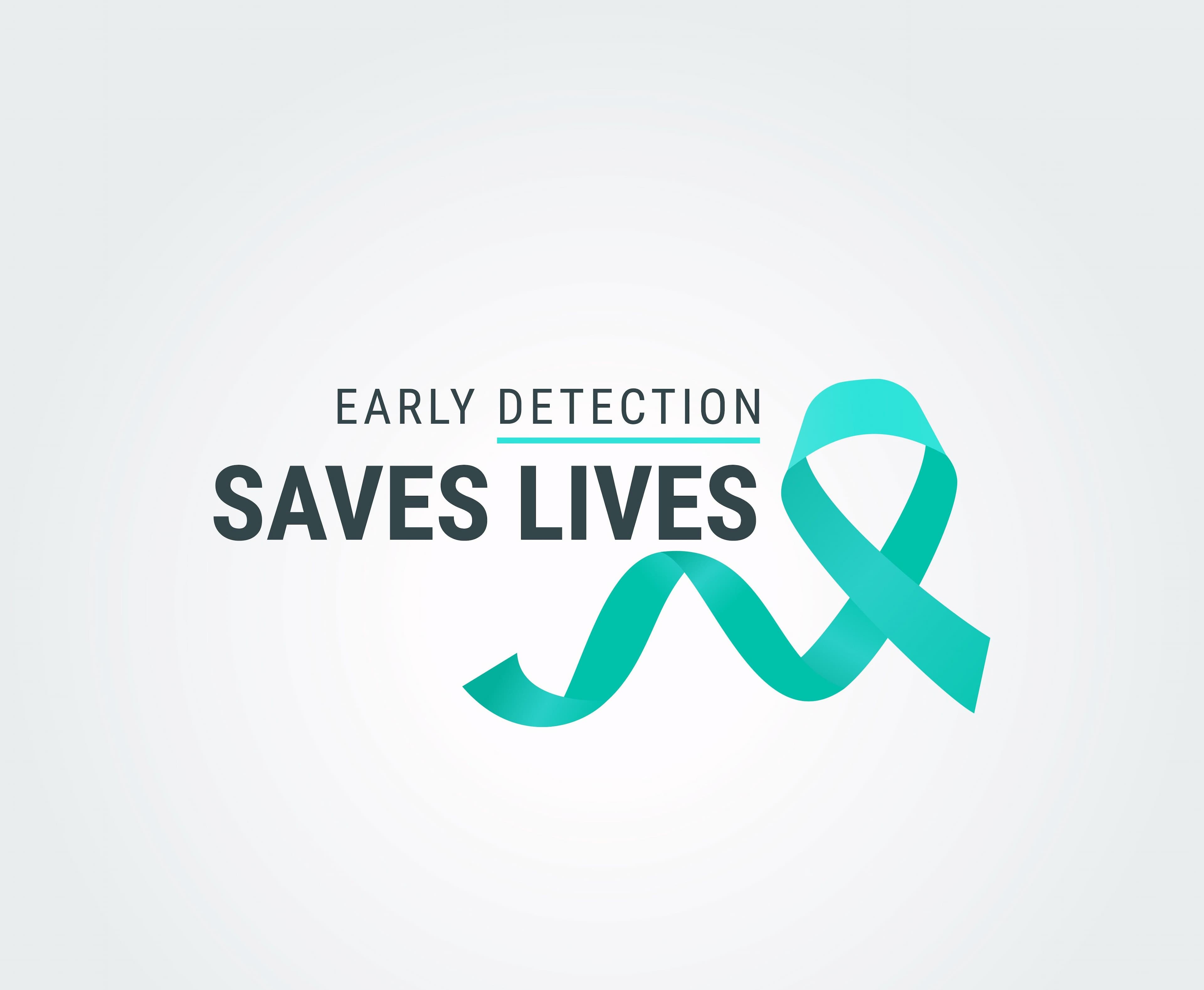
Smoking addiction on the rise in teens: UAE doctors explain causes, how to help
More than 50 million adolescents between the ages of 13 and 15 smoke cigarettes or use smokeless tobacco products around the world, a study by Tobacco Atlas says.
The study also raises concerns about the increasing rate of younger smokers.
Why do teens smoke?
Dr Gopal Chawla, specialist pulmonology, NMC Hospital, DIP said that social media, peer pressure and a curiosity to try smoking enables teens to try tobacco.
He added that 63 per cent of teen addicts smoke recreationally, 29 per cent of them smoke experimentally. He also said that seven per cent of such smokers don't use conventional cigarettes.
Psychological factors
Dr Lakshmi Saranya, clinical psychologist at Lifeline Modern Family Clinic, said: “Youth is the age of impulsivity and high energy levels and most of them who smoke find it as stress reliever.”
She added that adolescents tend to struggle with a sense of identity, and hence, join their peers in such activities.
Adolescents also deal with poor emotional regulation, she says. This emotional instability makes them more dependent on substances or other addictive behaviour.
Media influence
Arfa Banu Khan, Clinical Psychologist, Aster Clinic in Bur Dubai, said that stress can be a major factor for addiction in teens.
“They see smoking as a way of relieving stress; triggers can include being in a group of friends who smoke or are addicted. Cigarettes contain nicotine which gives pleasure and becomes addictive,” said Dr Banu.
Dr Chawla mentioned a study published in the European Journal of Paediatrics.
“The narrative review ascertained this phenomenon and its various health effects and termed teen smoking and vaping as a gateway to drug addiction. Health-wise, this leads to cardiac disorders like arrhythmia, myocardial infarction in younger population and affects lungs. In addition, it has been seen to have an impact on cognitive as well as sexual function.”
Doctors and psychologists urge parents to be vigilant of any sudden change in behaviour. They also ask parents to keep communicating with their children and explain the harmful effects of smoking to them.
Psychologists say that awareness in schools play a very important part to keep students away from tobacco. They said that voluntary clubs with students as leaders would help in identifying possible cases in time.
Tips for teachers:
Schools can opt for frequent awareness programs conducted by experts
Students can be taken for field trips to rehabilitation centres, increasing their awareness regarding smoking
Counselling sessions can be held to relieve teens of stress
Teachers should be supportive of those who have identified their addiction and wish to put a stop to it
Teachers should assist addicts in seeking professional help.







